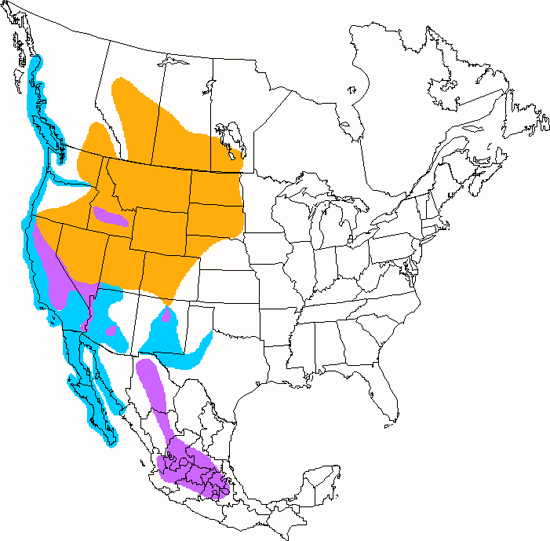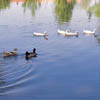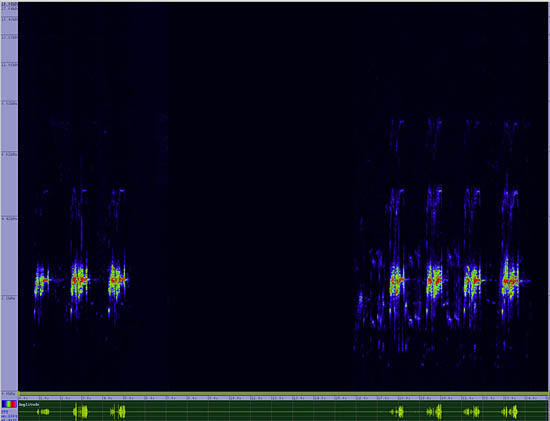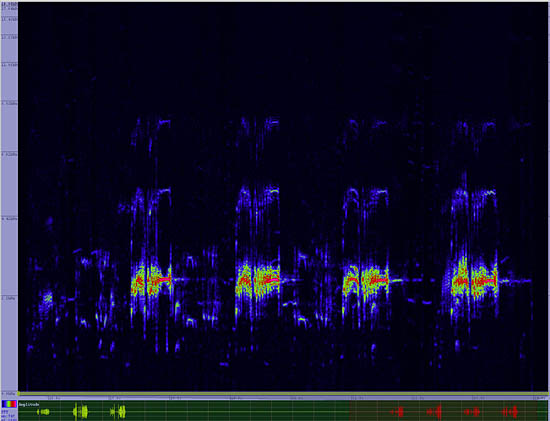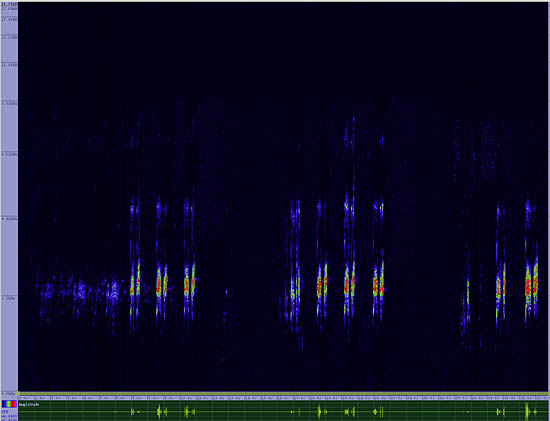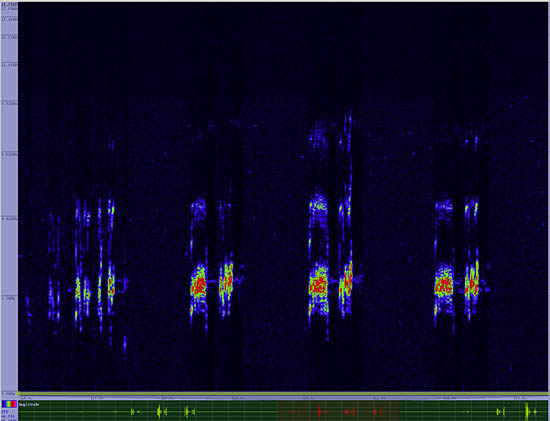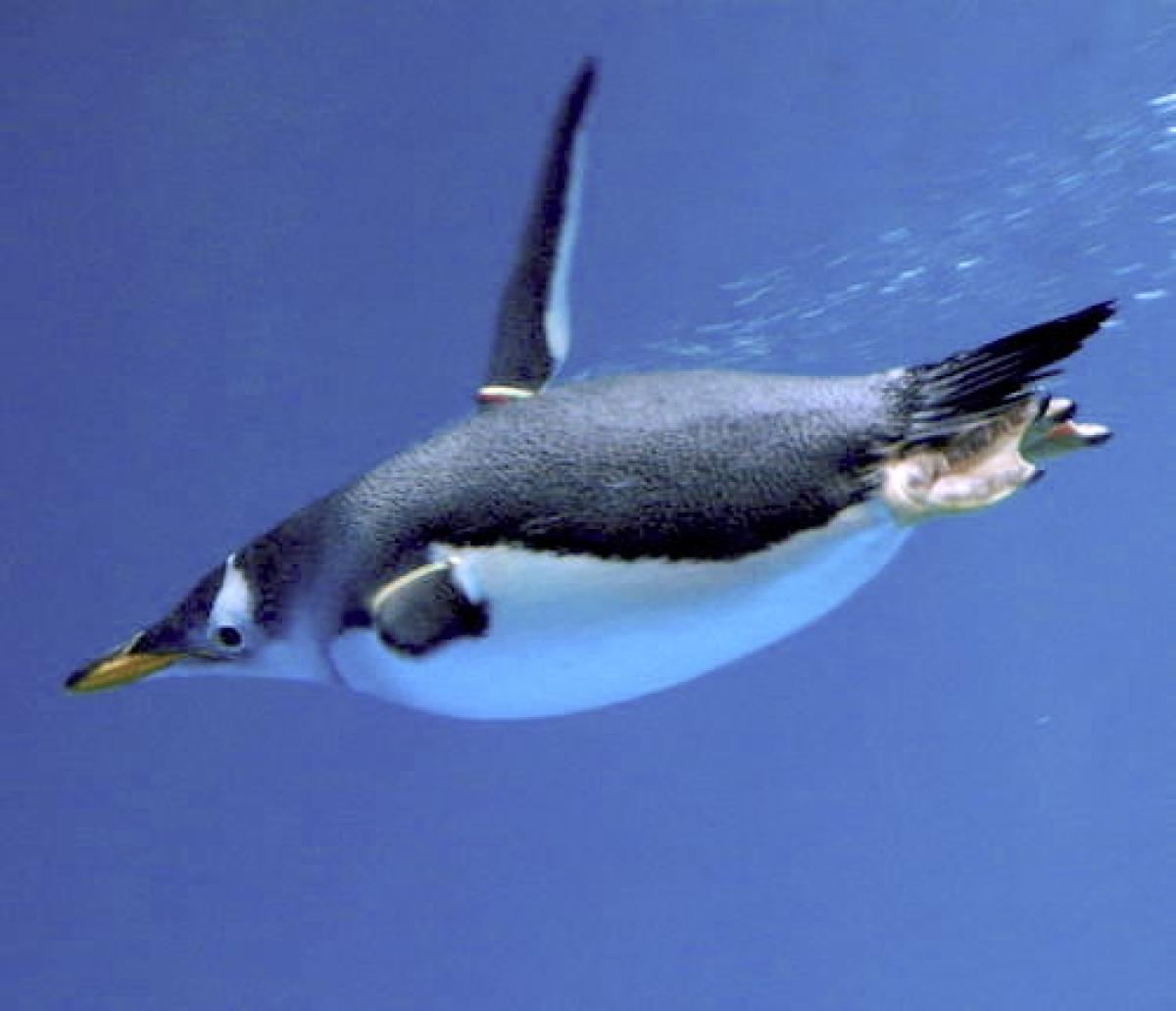Western Grebe
Aechmophorus occidentalis

Duck Like
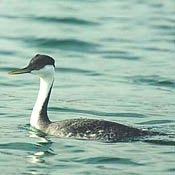
Length: 25 in. (64 cm )
Winters in large flocks on large reservoirs, lakes and bay along the seashore. It nests in colonies in marshy inland areas where a floating nest is made of aquatic vegetation and anchored in shallow water. They feed by diving deep in the water and pursuing fish and invertebrates. Elaborate courtship dances consist of pairs posturing and skittering across the water\s surface side by side.'
The four-digit banding code is WEGR.
Bibliographic details:
- Article: Western Grebe
- Author(s): Dr. Biology
- Publisher: Arizona State University School of Life Sciences Ask A Biologist
- Site name: ASU - Ask A Biologist
- Date published:
- Date accessed:
- Link: https://askabiologist.asu.edu/activities/bird/western-grebe
APA Style
Dr. Biology. (). Western Grebe. ASU - Ask A Biologist. Retrieved from https://askabiologist.asu.edu/activities/bird/western-grebe
Chicago Manual of Style
Dr. Biology. "Western Grebe". ASU - Ask A Biologist. . https://askabiologist.asu.edu/activities/bird/western-grebe
Dr. Biology. "Western Grebe". ASU - Ask A Biologist. . ASU - Ask A Biologist, Web. https://askabiologist.asu.edu/activities/bird/western-grebe
MLA 2017 Style
Be Part of
Ask A Biologist
By volunteering, or simply sending us feedback on the site. Scientists, teachers, writers, illustrators, and translators are all important to the program. If you are interested in helping with the website we have a Volunteers page to get the process started.

